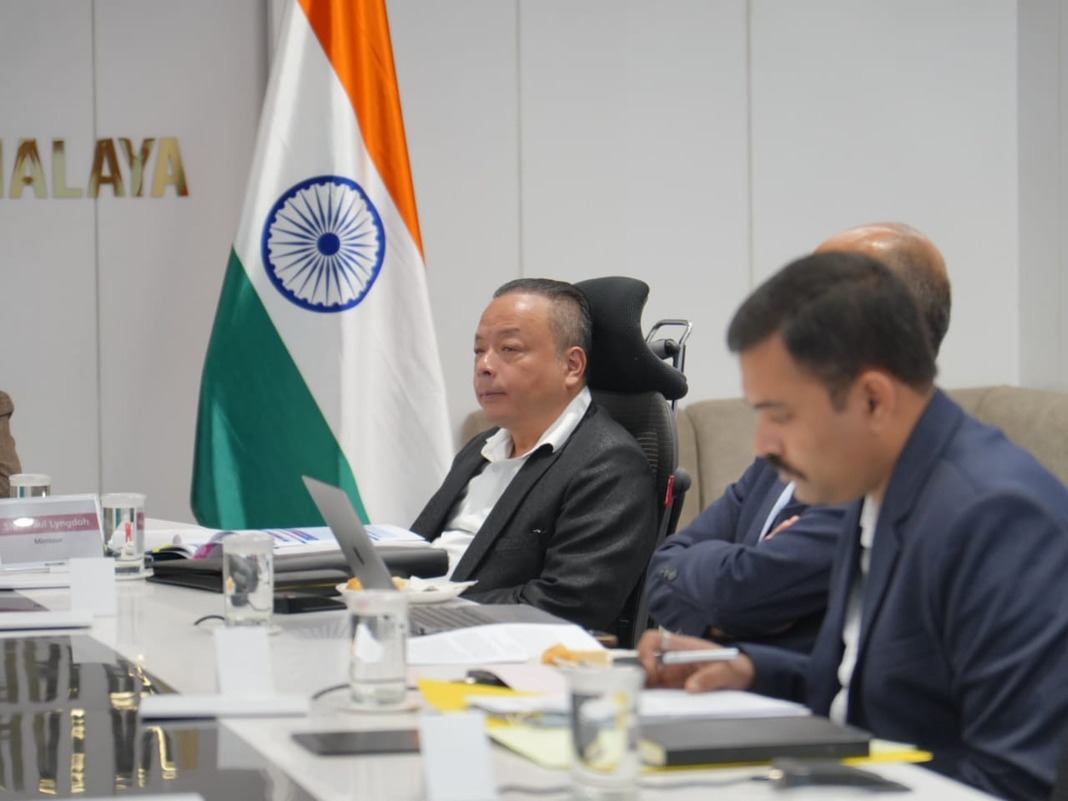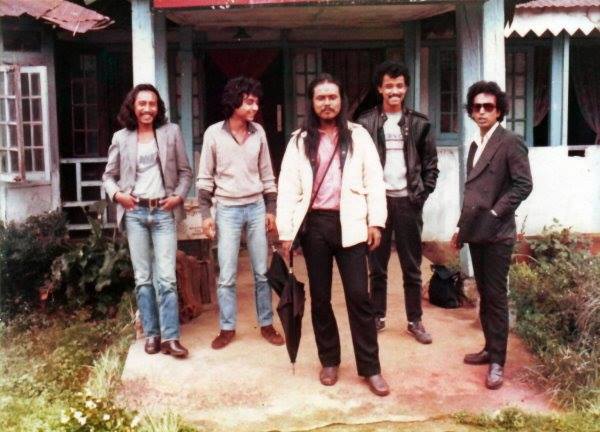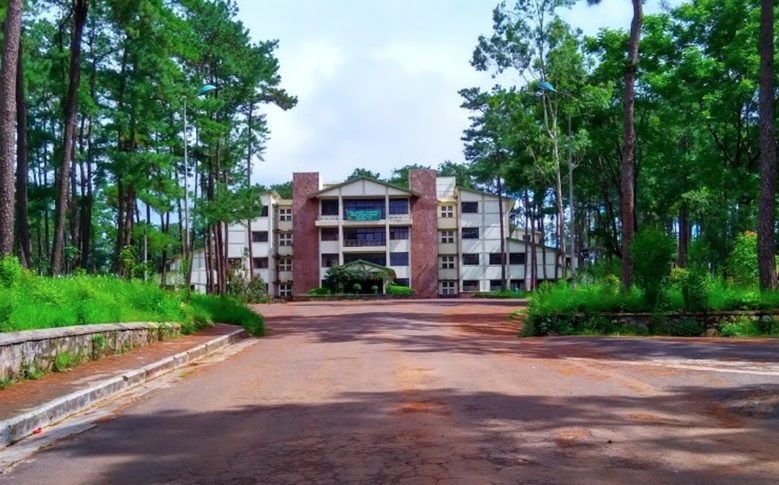Shillong, Nov 14: Mobile scanners equipped to detect illegal drugs will be deployed to scan vehicles entering Meghalaya within next six months.
All vehicles entering the state will be subjected to scanning for drugs and scanning vehicles will initially be put in place in Ri-Bhoi and East Jaintia Hills districts, the two major entry points of the state from neighbouring Assam.
Informing about the government decision, social welfare minister Paul Lyngdoh said, “One such vehicle will be installed within next six months.”
“These screening vehicles will be deployed at all entry points… all vehicles will go through the screening (machines),” he said following a state-level meeting of the Drug Reduction Elimination & Action Mission (DREAM).
Trained manpower will be required to handle the equipment and to immediately detect any suspicious movement, he said.
Meanwhile, the meeting resolved to further strengthen the anti-narcotic task force (ANTF) with increased manpower to tackle drug trafficking in the state.
Pointing out that Meghalaya has a long transit route, right from Ri-Bhoi district to East Jaintia Hills, en route to the main drugs market in Myanmar, the minister said, “We discussed the strategy and action plan.”
Further, Meghalaya Police Act, 2010 will be suitably amended to facilitate creation of improved facilities for volunteers, who are part of the village defence parties (VDPs), he said.
Disclosing a government move to increase remuneration of VDP volunteers, he said the number of VDP volunteers has been fixed as 15 per party so as to ensure areas with less population can arrange the required number.
The government will also apprise the Chief Justice of Meghalaya High Court of the need for fast-track court to hold trial on day-to-day basis, he said.
On the demands put forth by Hynniewtrep Youth Council (HYC), which has been vocal on the issue of drug trafficking, Lyngdoh asserted that the government is committed to eradicating narcotics and drugs in the state.
“We appreciate all suggestions, but we know our duty and responsibility. We will not work on duress,” he said.
Making it clear that setting up rehab centres only cannot solve the problem, Lyngdoh said, “Unless we go to the root of the problem, how do we make sure that the supply chain is cut… then we will only have more and more rehab centres and there will be more and more drug users.”
“Therefore the strategy now is that while we offer those services of rehabilitation and deaddiction, we will have to concentrate more on policing,” he asserted.




